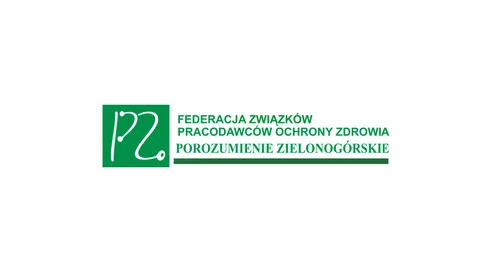NMOSD ("neuromyelitis optica spectrum disorder," or neuromyelitis optica spectrum disorder) is a rare disease of the nervous system with an aggressive, darting-remission course. Rows of NMSOD resemble those of multiple sclerosis, but tend to be more severe, and remission is not complete - this means that some of the symptoms remain after each throw, leading to a rapid buildup of disability in patients. The direct cause of NMOSD is an abnormal function of the immune system, which produces antibodies against a proprietary protein called aquaporin 4, located mainly in the optic nerves and spinal cord. As a result of the antibody attack on aquaporin 4, inflammation develops in these areas of nerve tissue and the cells that make up this tissue die.
A drug that strikes at the cause of NMOSD is now available in Poland. It is satralizumab, which belongs to a modern group of monoclonal antibodies. Its action is to inhibit the inflammatory process and prevent neuronal death. In this way, it prevents the onset of disease flares and, consequently, inhibits the development of disability. Satralizumab is a drug administered subcutaneously, once every four weeks. As of November 2022, the drug is reimbursed for patients with NMOSD who meet certain criteria, in drug program B. 138.FM.
- Ms. Anita, please tell us when and how did your disease begin?
Content locked
To gain access to the complete English section of the Medexpress.pl, kindly reach out to us at english@medexpress.pl.


















